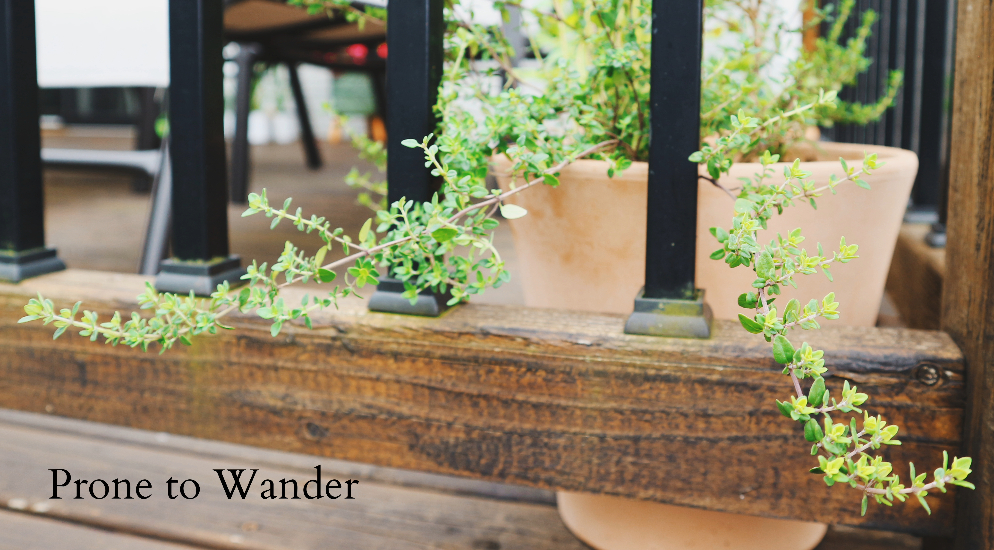 |
| An evergreen sapling growing from an unlikely place: a decaying log. |
And the Hosea passage ends with "For I desire steadfast love and not sacrifice. the knowledge of God rather than burnt-offerings."
I was reading an older blog post from Kathy Weitz's The Reading Mother which I have always enjoyed reading and I saw that she had shared a quote from an essay written by C.S. Lewis in 1948 called On Living in an Atomic Age. I read it and found the same comfort that she expressed.
In other words, do not let us begin by exaggerating the novelty of our situation. Believe me, dear sir or madam, you and all whom you love were already sentenced to death before the atomic bomb was invented: and quite a high percentage of us were going to die in unpleasant ways. We had, indeed, one very great advantage over our ancestors — anesthetics; but we have that still. It is perfectly ridiculous to go about whimpering and drawing long faces because the scientists have added one more chance of painful and premature death to a world which already bristled with such chances and in which death itself was not a chance at all, but a certainty.
And after several pages, Lewis ends with this perspective for all of us who have ever felt afraid or uncertain over difficulties facing us.
It is enough to say here that Nature, like us but in her different way, is much alienated from her Creator, though in her, as in us, gleams of the old beauty remain. But they are there not to be worshipped but to be enjoyed. She has nothing to teach us. It is our business to live by our own law not by hers: to follow, in private or in public life, the law of love and temperance even when they seem to be suicidal, and not the law of competition and grab, even when they seem to be necessary to our survival. For it is part of our spiritual law never to put survival first: not even the survival of our species. We must resolutely train ourselves to feel that the survival of Man on this Earth, much more of our own nation or culture of class, is not worth having unless it can be had by honourable and merciful means. The sacrifice is not so great as it seems. Nothing is more likely to destroy a species or a nation than a determination to survive at all costs. Those who care for something else more than civilization are the only people by whom civilization is at all likely to be preserved. Those who want Heaven must have served Earth best. Those who love Man less than God do most for Man.
Sometimes you lose the third thing.
Poetry gives the griever not release from grief, but companionship in grief.

No comments:
Post a Comment
I enjoy reading your comments and try to reply as much as I can. Thanks for reading here.